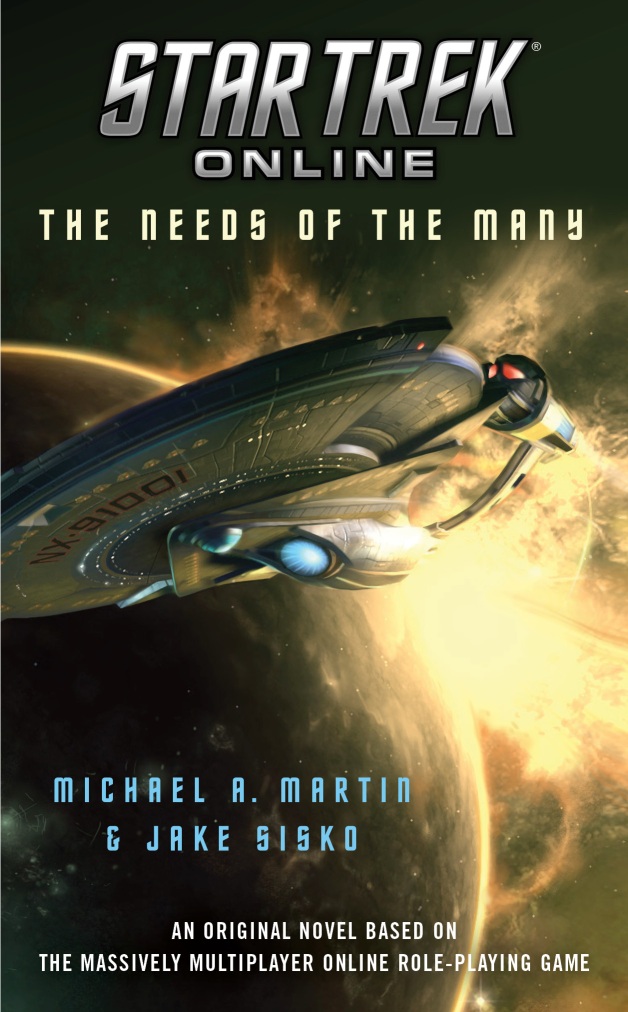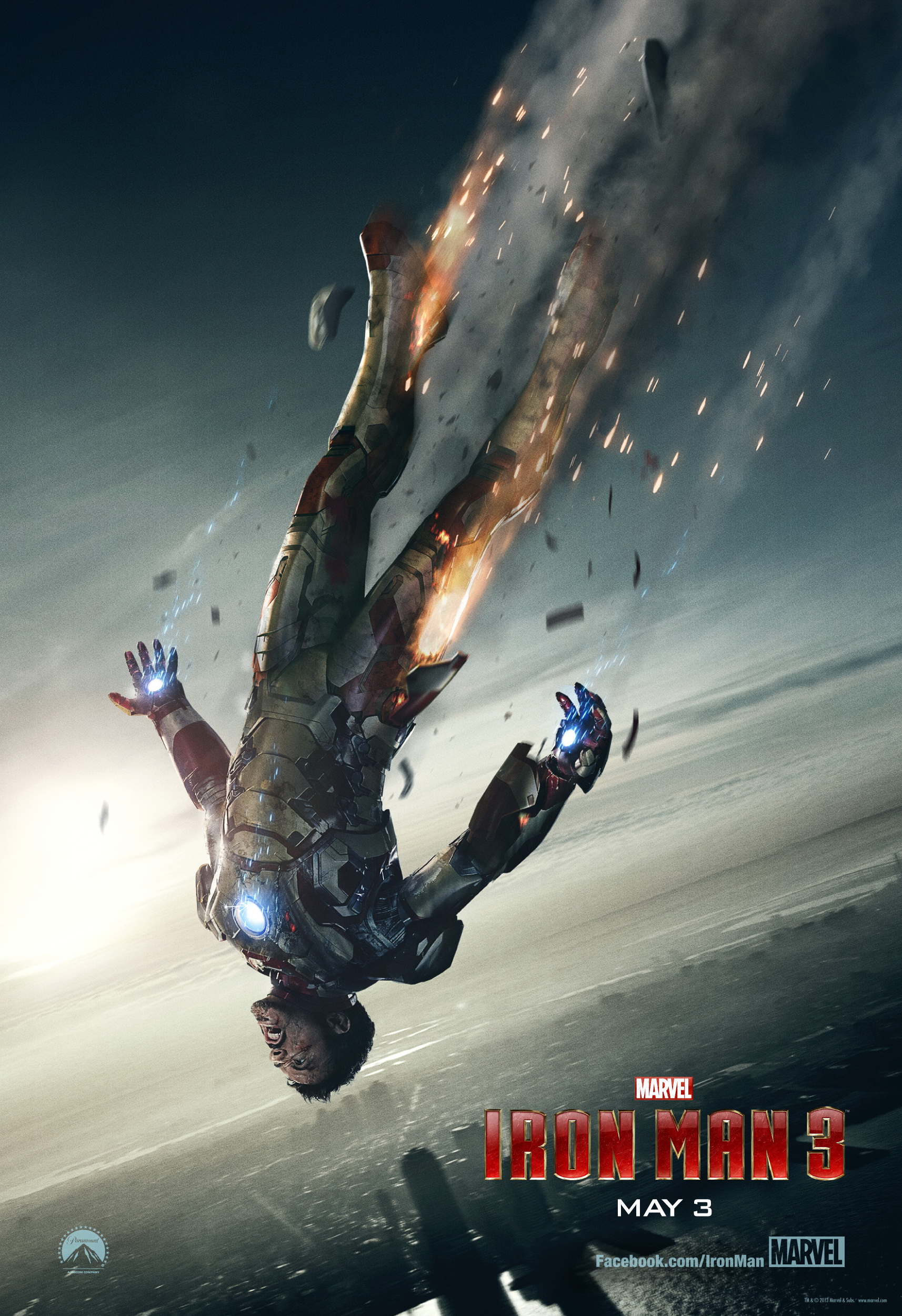The West Wing meets Star Trek.
One thing I've always wondered about is how the United Federation of Planets works. The name implies its meant to work roughly analogous to the United Nations but it has its own military and power. Indeed, a Federation means that it probably functions more like the original United States did before we gradually became more federalized versus state-based (after a little something called the Civil War).
Articles of the Federation more or less shows how the Federation works by following its President in the post-Dominion War era, Nanietta Bacco, as she attempts to navigate the events following Shinzon's overthrow. This is very much set in the events of the Star Trek-Lit universe, frequently referencing events in other novels (particularly Star Trek: Titan).
Reading this after the first J.J. Abrams movie is kind of hilarious as everyone reacts to Praetor Shinzon's actions as the most devastating thing which has ever happened to Romulus. While it's wrong to laugh at genocide, even of fictional races, I can't help but feel a little schadenfreude as the Romulan's future woes.
Take that, evil space elves.
Honestly, I can't wait for the novels to catch up to the movie timeline since it will nicely rid the Star Trek Lit-universe of several truly appalling Romulan politicians. I admit, I also want to see the reaction of many characters in this book who are desperate to appease them.
Articles of the Federation consists of not so much a narrative as a 'Week in the Life of the Federation's President' and watching her deal with various scandals, meetings, diplomatic conferences, and so on. The writing is very anarchic, feeding into the idea that the President is constantly under scrutiny and forced to deal with a hundred different things simultaneously.
I very much enjoyed some of the subplots: the investigation of the previous President's arms trafficking to an independent planet, persuading a surgeon to perform an operation on an enemy race's VIP (despite her being a former POW of them), and why a seemingly friendly race constantly becomes belligerent every time they leave their planet.
I'm a bit "meh" about Nanietta Bacco, herself. She seems designed to be a badass President who steamrolls her way through any opposition to the most moral outcome possible. My favorite parts of the book are when the author has this backfire horribly. She's an okay character but I enjoy my Trek characters a little more flawed. It doesn't help I'm not a big fan of baseball and find her obsession as baffling as I found Sisko's.
The supporting cast, however, is awesome. I loved each and every one of them from the President's aides down to the Betazoid college roommates watching political TV for a class. There's a large, interesting, and diverse cast spread throughout the story. While fans might something with a bit more 'meat' to it, I think this is one of the most enjoyable Star Trek novels I've ever read.
9/10


























